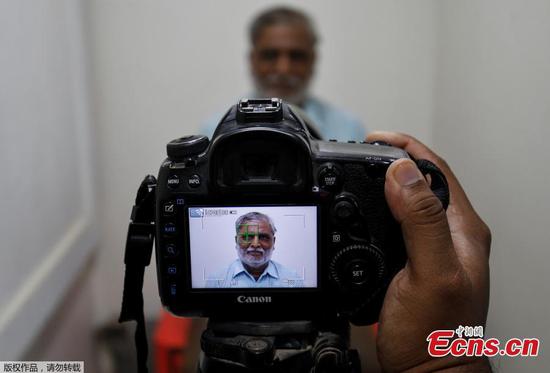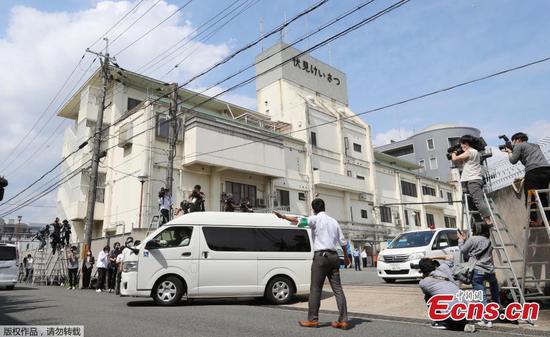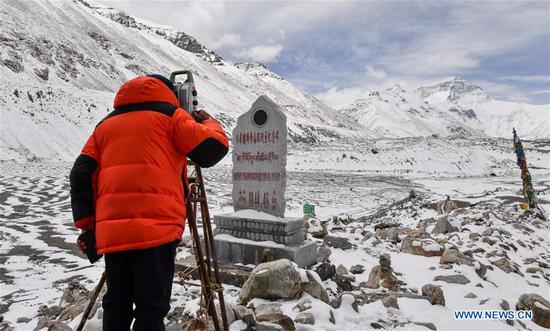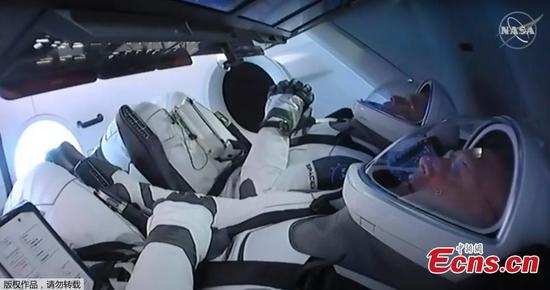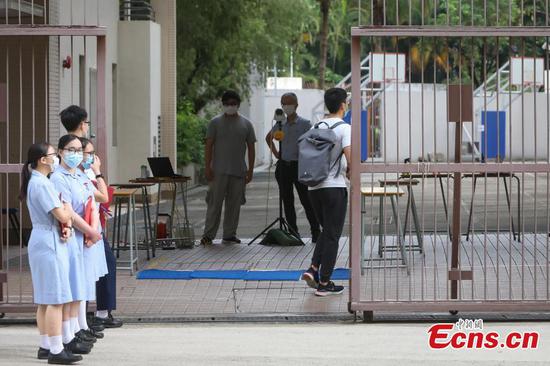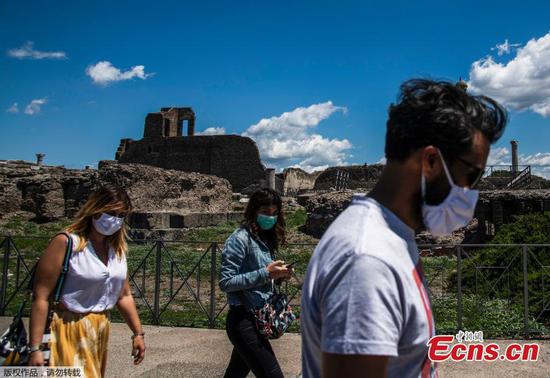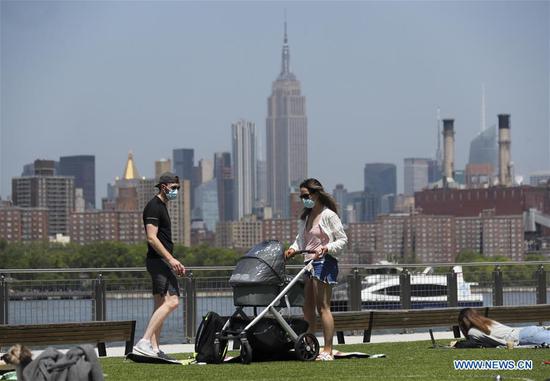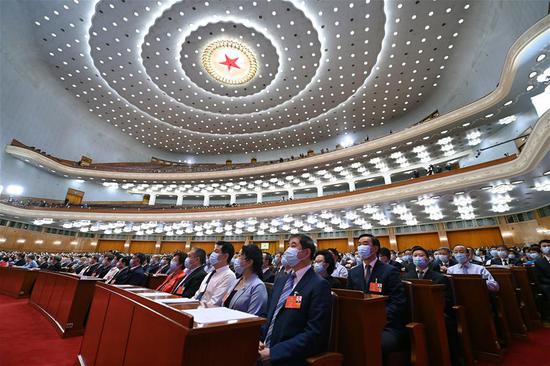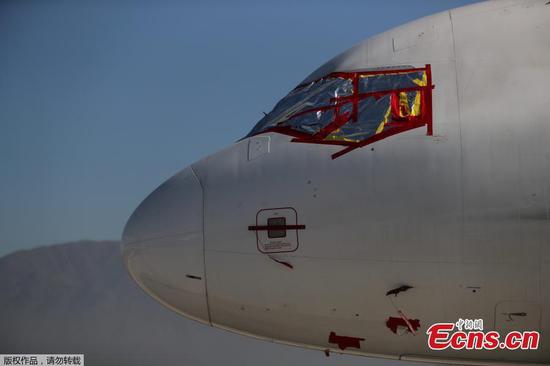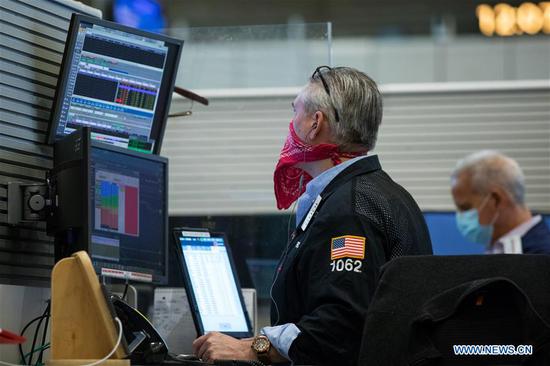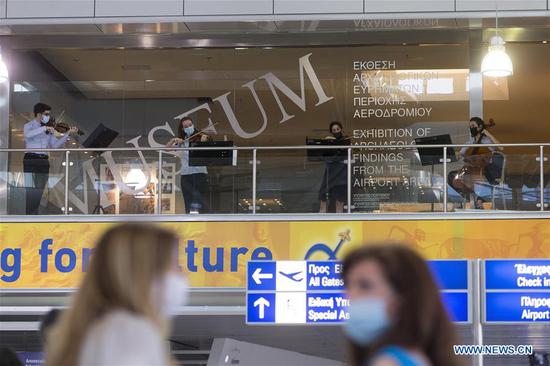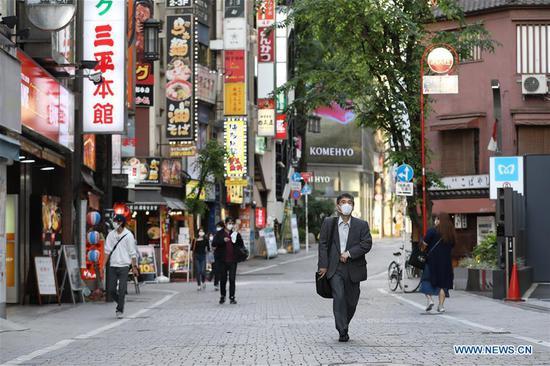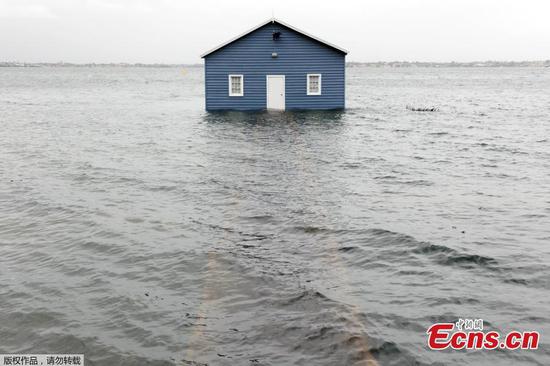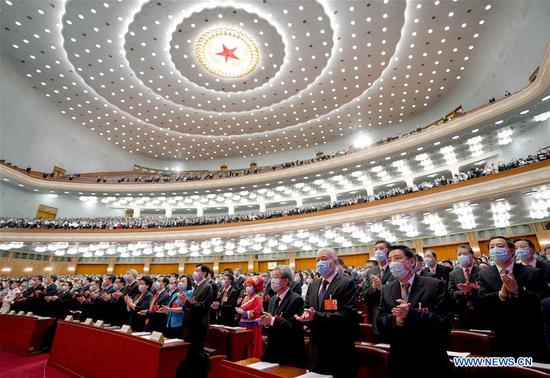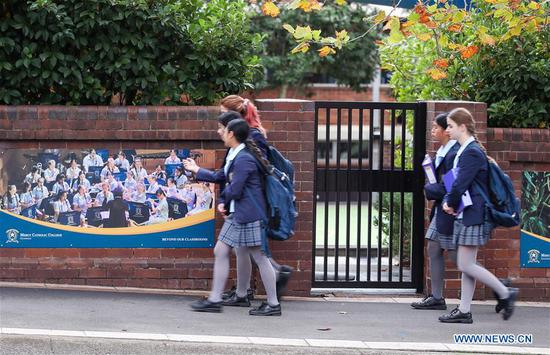HUMAN LIFE VS POLITICS
"More than anything, this pandemic has fully, finally torn back the curtain on the idea that so many of the folks in charge know what they're doing," Obama said earlier this month. "A lot of them aren't even pretending to be in charge."
However, politicians in Washington D.C. continue to ignore the wake-up call for unity and cooperation, and politicalize the pandemic struggle over election concerns.
For example, to wear a face mask or not has been a raging question in the United States, but not one based on science or public health. Instead, it has become rooted in political identity for numerous American voters and a focus of fierce partisan fights with an eye to general elections in November.
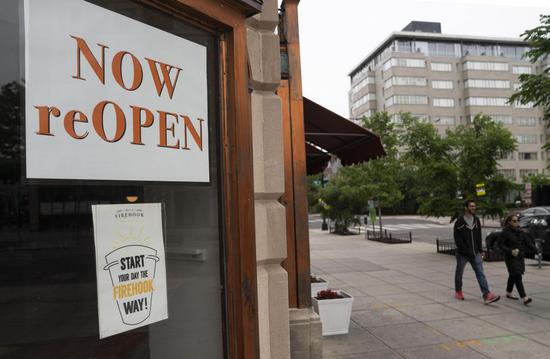
Recent polls showed how strong the partisanship worked behind mask-wearing, with 75 percent of Democrats saying they wear masks when they leave home and only 53 percent of Republicans saying they take the precaution.
Besides mask wrangle, the list of controversial issues ranges from the use of Defense Production Act to produce ventilators, gun-carrying protests against stay-at-home orders, support for the WHO, to risks of quickly reopening economies.
"What has cost the United States so many lives and jobs during the pandemic is not, at root, a failure of public health. It's a failure of democracy," Litt said. "More than any political or cultural trend, more even than President Trump, our redesigned system of government is responsible for the crisis we find ourselves in today."
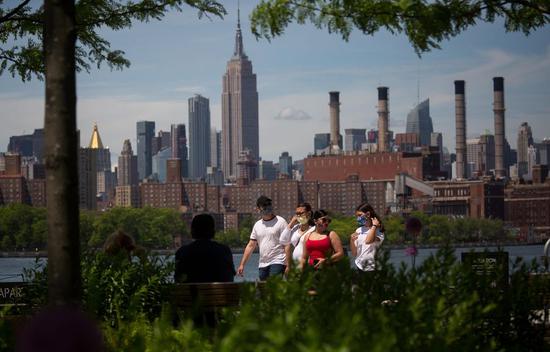
CALLS FOR COOPERATION
If the United States sought more international cooperation, its own response to the pandemic could have been better, experts say.
To shift blame to others, the Trump administration announced that it will permanently cut off U.S. funding to the WHO if the body does not commit to what he called "substantive improvements within the next 30 days."
"The saddest thing is that on previous occasions, the U.S. has been proactive in the WHO and acted as a scientific, financial and logistical contributor to solving the problem. If the U.S. had functioned this way abroad in December and January, this would have helped its response at home a great deal," Ramsay told Xinhua.
The researcher urged the United States to rejoin the world medical community and be an active partner in the WHO.
"Whether the U.S. has criticisms to make of the WHO or not, the administration's passivity and withdrawal are non-starters," Ramsay said.
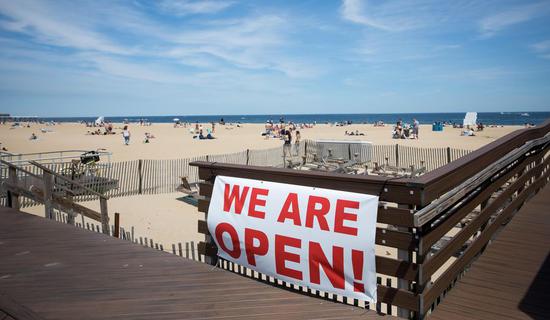
Besides urging cooperation, a Pew poll showed Americans largely agree the United States should look beyond its borders for ideas to combat the coronavirus. Nearly half of them said the United States can learn a great deal from other countries about ways to slow the spread of the virus.
"Ultimately, it is the international cooperation and mutual support that will eventually find medicine and also vaccines. This will be an international effort, no country alone can find the way out," Cheng Li, director of the John L. Thornton China Center at the Brookings Institution, a U.S. think tank, said in a recent interview with Xinhua.
Li called for more international cooperation, including cooperation between China and the United States "with a humanitarian spirit and vision," warning it would be devastating if a new cold war breaks out between the two countries, while urging the two governments and the whole world to do everything to avoid it.
Behind the grim milestone of 100,000 coronavirus deaths in the United States, there are tens of thousands of grieving families, Li noted, adding the death toll continues to rise across the country and globally, which poses enormous humanitarian challenges.
"We do need empathy and perspective-taking more than anything else in the fight against the pandemic," said the Brookings senior fellow.










